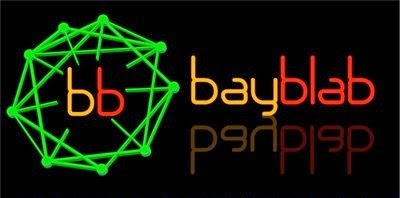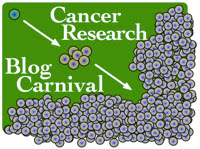 By now everybody should be emerging from their food-induced Christmas comas (and recovering from New Year binge drinking), and the annoying relative who passes out on the couch while the rest of the family does the dishes is cleverly blaming it on tryptophan in the turkey.
By now everybody should be emerging from their food-induced Christmas comas (and recovering from New Year binge drinking), and the annoying relative who passes out on the couch while the rest of the family does the dishes is cleverly blaming it on tryptophan in the turkey.I never really understood that claim. Until recently I wasn't aware of how a humble amino acid could have such an effect, and even then I wasn't sure why turkey should be so much more rich in tryptophan than, say, chicken or duck or pork (all of which were in the turducken we shared for our Christmas meal). After all, I seem to feel just as drowsy after a meal replacing the turkey with roast beef. But it's such common knowledge that it must be true. Or is it?
The Facts: Tryptophan is a precursor to both serotonin and melatonin - regulators of the sleep cycle (among other functions) - and high levels could cause drowsiness. L-tryptophan was sold as a nutritional supplement and sleep aid, but a link to eosinophilia-myalgia syndrome prompted an FDA ban in 1991. Sale of tryptophan supplements has since resumed.
The Fiction: Turkey contains no more tryptophan than other meats. According to the USDA National Nutrient Database, 100 grams of roast turkey (light meat) contains 0.340g of tryptophan. The same amount of roast chicken (white meat) contains 0.361g, and roast beef (eye of round, prime grade) contains 0.325g/100g.
The post-meal drowsiness? Well, it could be the alcohol or it may be the other components of the meal. A typical turkey dinner is accompanied by potatoes, bread, stuffing - plenty of carbohydrates. It's been shown in rats and humans that high carb meals have an effect on plasma tryptophan concentrations and serotonin synthesis. The insulin release after eating carbohydrate rich foods stimulates amino acid uptake into muscle, in particular large neutral-branched amino acids. This increases the plasma concentration of tryptophan relative to other amino acids where it can then outcompete for amino acid transporters into the CNS for conversion to serotonin/melatonin leading to the familiar post-feast forty winks.
So the long and short of it is that the turkey sleep isn't imagined, but it has more to do with the rest of the meal than the turkey itself.

 Podcast
Podcast

2 comments:
I'm glad someone finally fact-checked whether turkey is high in tryptophan compared to other meats. I always thought that was a particularly strange claim.
However, that issue aside, people could still be correct in claiming that tryptophan in their turkey is what makes them sleepy - or their ham, roast beef or duck for that matter.
True or not, more interesting would be to know the origin of this bizarrely prevalent cultural anecdote. Was it instigated or merely popularized by the Seinfeld episode?
The jury is still out. There are some tantalizing pieces out there, but nobody has put them together yet.
Post a Comment